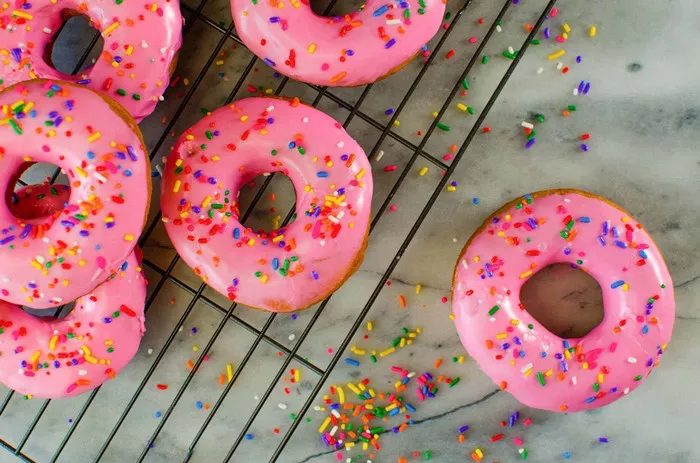Pleasanton, CA — Food enthusiasts visiting South Korea often savor street food delights such as tteokbokki, gamja, and kimbap. Now, Bay Area residents can enjoy a taste of this Korean street food experience with the arrival of Simbongsa, a popular doughnut chain, which has opened its first U.S. location.
Jennifer Eun Park, the owner of Simbongsa’s new Pleasanton store, is excited to introduce two beloved Korean street food classics to the area: quabegi and korokke. The shop, located inside the Pacific Food Hall at Pacific Pearl, brings these traditional treats to the United States.
Simbongsa originated as a street vendor in South Korea, specializing for over 20 years in quabegi, a twisted yeasted wheat flour donut, and korokke, a Korean adaptation of the Japanese croquette. The business, now managed by the sons of the original owner, has grown into a successful fast-food chain in South Korea.
“Quabegi and korokke are my childhood favorites from Seoul,” Park shared. “My sisters and I always dreamed of opening a korokke place because we loved them so much.”
Korokke, a variation of the Japanese croquette, typically features mashed potatoes mixed with meat, breaded in panko crumbs, and fried. The Korean version replaces the potato with bread dough stuffed with savory fillings such as ground pork and corn or spicy pork and vegetables. The result is a savory, filled doughnut with a slightly chewy interior thanks to the addition of glutinous rice flour.
Quabegi, on the other hand, is made sweeter and dusted with sugar. Park offers four versions: original, churro, black sesame, and injome (soybean powder), with more flavors like glazed, cookies and cream, and matcha coming soon.
The menu also boasts seven varieties of korokke, including pork and vegetable, spicy pork, pizza, crab, mozzarella, cream cheese, and a sweet red bean paste version. Park plans to expand this selection with flavors like bulgogi, kimchi, and spicy pork with cheese.
As the master franchisee for Simbongsa in Northern California, Park is eyeing future locations in the South Bay and the Peninsula once the Pleasanton shop is well-established. To ensure authenticity and quality, Park makes all korokke fillings from scratch, following recipes taught by one of Simbongsa’s owners. “You can’t ship the meat fillings over from Korea,” she explained. “Making them here allows for the freshest taste.”
While many customers are new to quabegi and korokke, Park finds the reactions from Korean patrons most rewarding. “Korean customers often buy boxes and tell me, ‘These taste just like the ones I had in Korea,’” she said. “It’s so nostalgic. Every bite takes me back to my childhood.”

